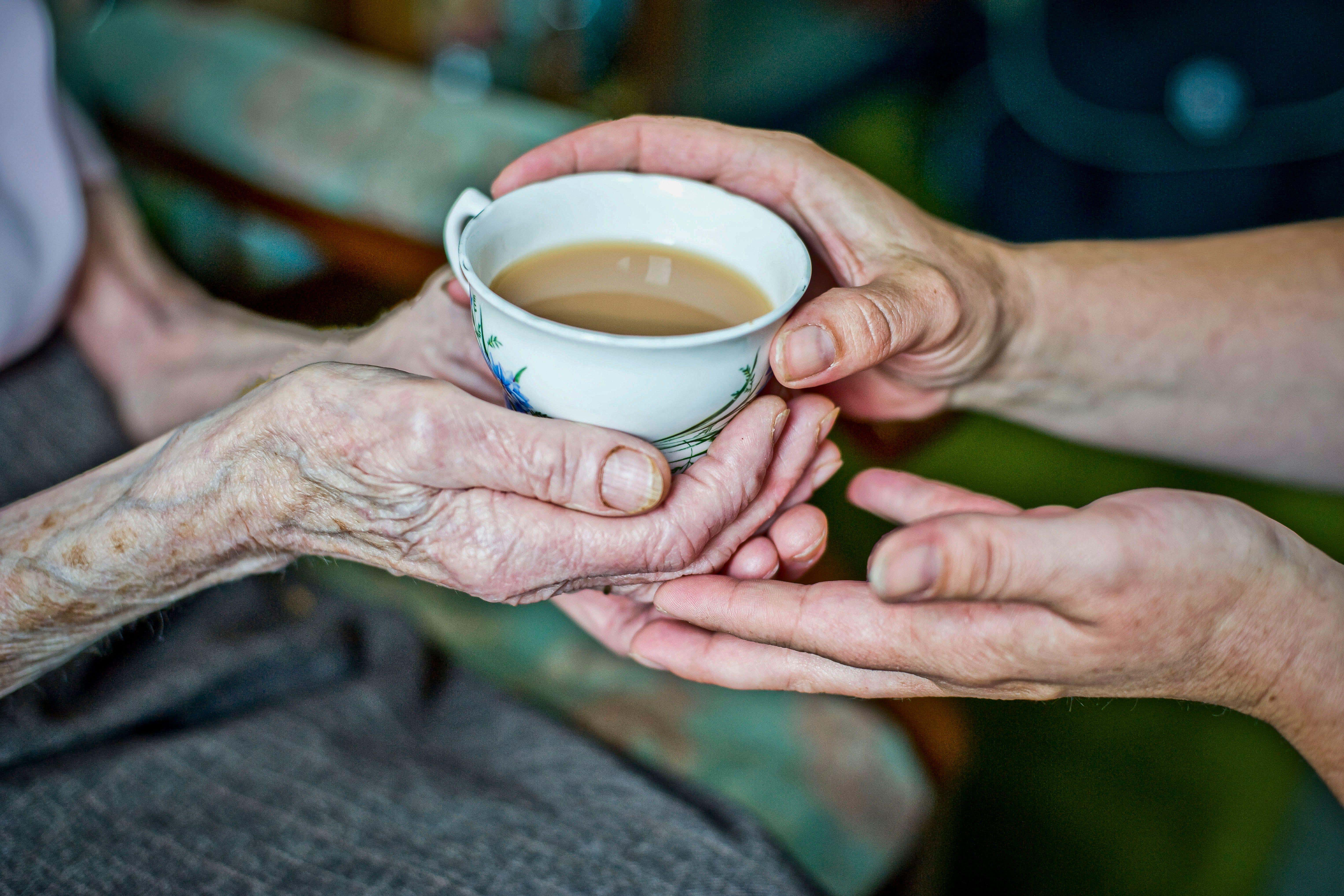Almost two thirds of unpaid carers took on role due to no other options – report
It is estimated there are 16.1 million current or former unpaid carers in the UK.

Your support helps us to tell the story
From reproductive rights to climate change to Big Tech, The Independent is on the ground when the story is developing. Whether it's investigating the financials of Elon Musk's pro-Trump PAC or producing our latest documentary, 'The A Word', which shines a light on the American women fighting for reproductive rights, we know how important it is to parse out the facts from the messaging.
At such a critical moment in US history, we need reporters on the ground. Your donation allows us to keep sending journalists to speak to both sides of the story.
The Independent is trusted by Americans across the entire political spectrum. And unlike many other quality news outlets, we choose not to lock Americans out of our reporting and analysis with paywalls. We believe quality journalism should be available to everyone, paid for by those who can afford it.
Your support makes all the difference.Almost two thirds of current and former unpaid carers had no choice but to take up the role due to the lack of other options available, according to a large survey which also suggests the situation has worsened over time.
Carers UK said the “devastating and enduring” impacts of caring for many are evident from the research, withnegative effects on employment, finances and savings, as well as physical and mental health.
It is estimated there are 16.1 million current or former unpaid carers in the UK and the new report has suggested the “poor quality and high cost of social care services” could be a reason for people feeling left with no choice but to become unpaid carers.
Charities and campaigners have been calling on political parties to make reforming social care a priority, with unmet need in the system seen to be putting pressure on those providing unpaid care.
Some 62% of carers surveyed, which Carers UK said is equivalent to 10 million people based on population data, reported having no other option but to become an unpaid carer.
The situation appears to have deteriorated, the report released to coincide with Carers Week stated, with people currently providing unpaid care more likely than those who had previously done so to say taking up the role was due to a lack of alternatives, at 66% compared with 59%.
The report, supported by other organisations including Age UK and the Carers Trust, was based on polling of almost 6,500 UK adults in early April, 30% of whom were either current or former unpaid carers.
The higher proportion of current compared to former unpaid carers reporting a lack of other options “suggests that the alternative care and support options may have reduced over time, forcing more people to take on a caring role now than they would have done before”, the authors said.
(Polling) suggests that the alternative care and support options may have reduced over time, forcing more people to take on a caring role
They added: “The lack of alternative care options available, the poor quality and high cost of social care services could be reasons why people feel they have no choice on taking on a caring role.
“The shift from hospital to home, smaller families and changing demographics could also be a contributing factor.”
The research found that unpaid carers aged 45-54 were most likely to say there was no choice (70%) comparedwith other age groups, while 29% of all the current and former unpaid carers said other care options were available but they chose to be carers.
While the YouGov Omnibus polling found the impact of caring to be more negative than positive across all aspects asked about, such as jobs, pensions and relationships, results found the negative effects to be “more pronounced” for those who said they had no choice but to take on a caring role.
Carers UK said it is calling for “concrete measures from the next government to lessen these negative impacts of caring which can be devastating and enduring in carers’ lives”.
A legal entitlement to unpaid leave for carers came into effect in April, applying to more than two million workers in England, Wales and Scotland with unpaid caring responsibilities.
Under the Carer’s Leave Act employees who are carers can take up to a week of unpaid leave every 12 months – equating to five days for most people.
But Carers UK chief executive, Helen Walker, said there is much more to be done to support unpaid carers.
She said: “Measures like paid carer’s leave to prevent employees from leaving the labour market early in order to care, improvements in carers’ benefits to reduce financial hardship, sustainable funding for care and breaks to support carers’ mental health and wellbeing as well as new duties on the NHS to promote carers’ health and wellbeing.
“Unpaid carers provide a staggering £162 billion of care a year looking after severely disabled, chronically ill and older relatives and friends.
“When so many unpaid carers have no choice about caring, the next Government has a responsibility to care about them, too.”
David Fothergill, from the Local Government Association, said: “Helping councils to better support unpaid carers should be a crucial part of a long-term and sustainable funding solution for social care.
“Our Local Government White Paper calls for more support for unpaid carers and a renewed focus on prevention and it is crucial that whoever forms the next government should work to support them to continue their vital role.
“Investing more in early action is fundamental to ensuring someone can continue living independently in the home and community they love.”
Subscribe to Independent Premium to bookmark this article
Want to bookmark your favourite articles and stories to read or reference later? Start your Independent Premium subscription today.